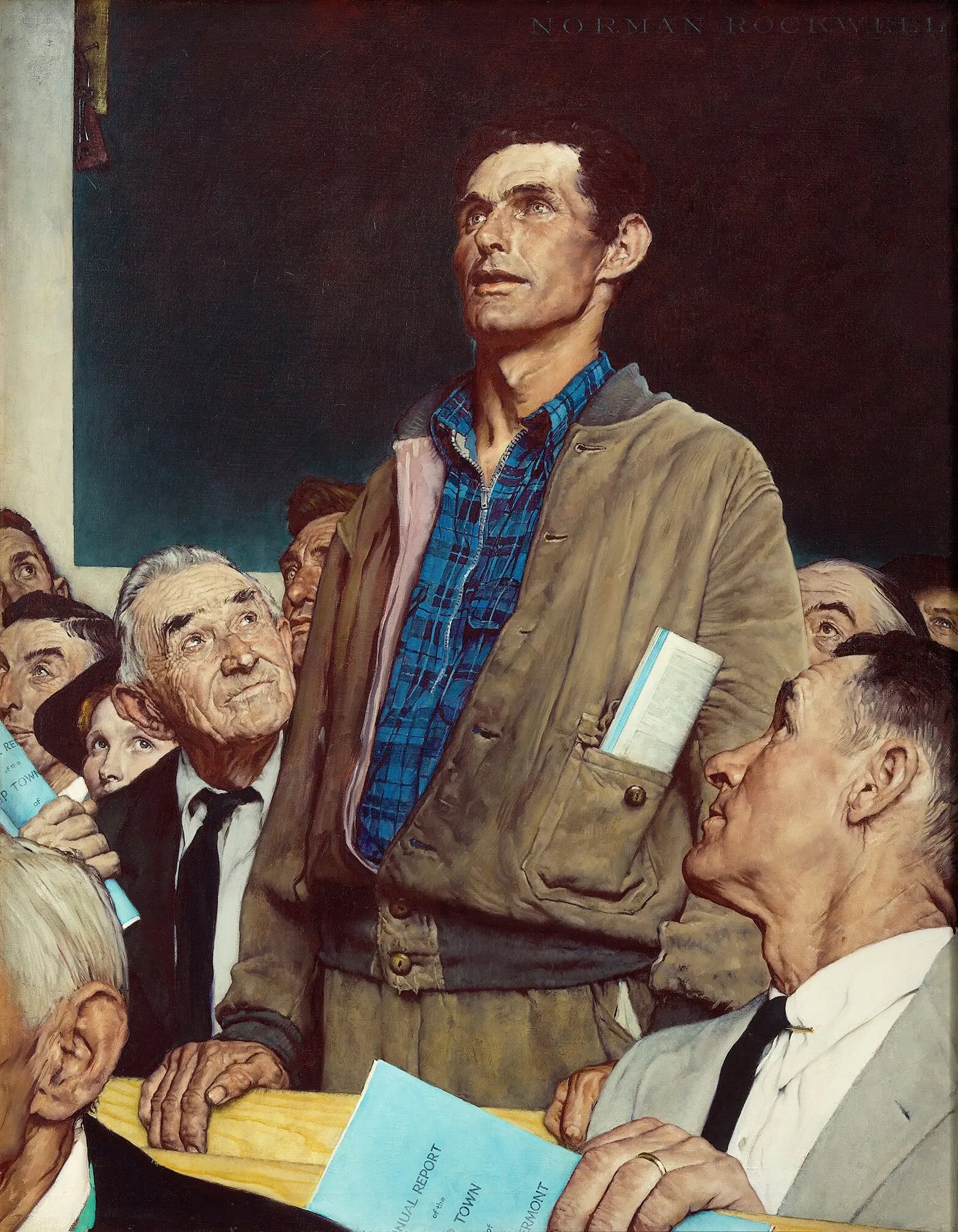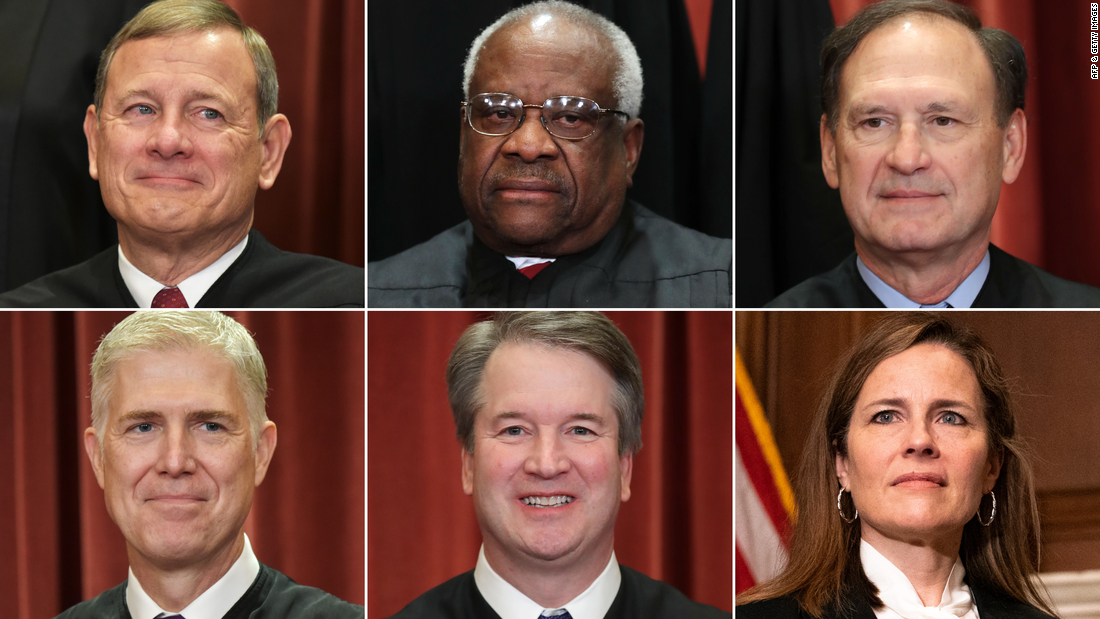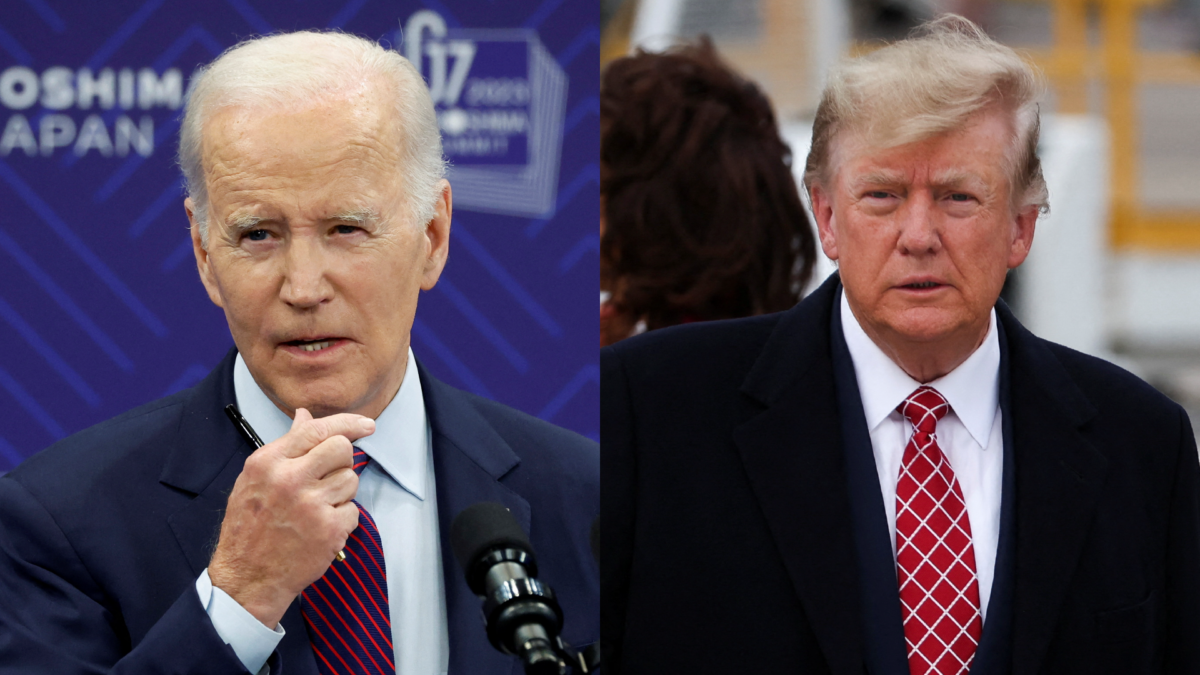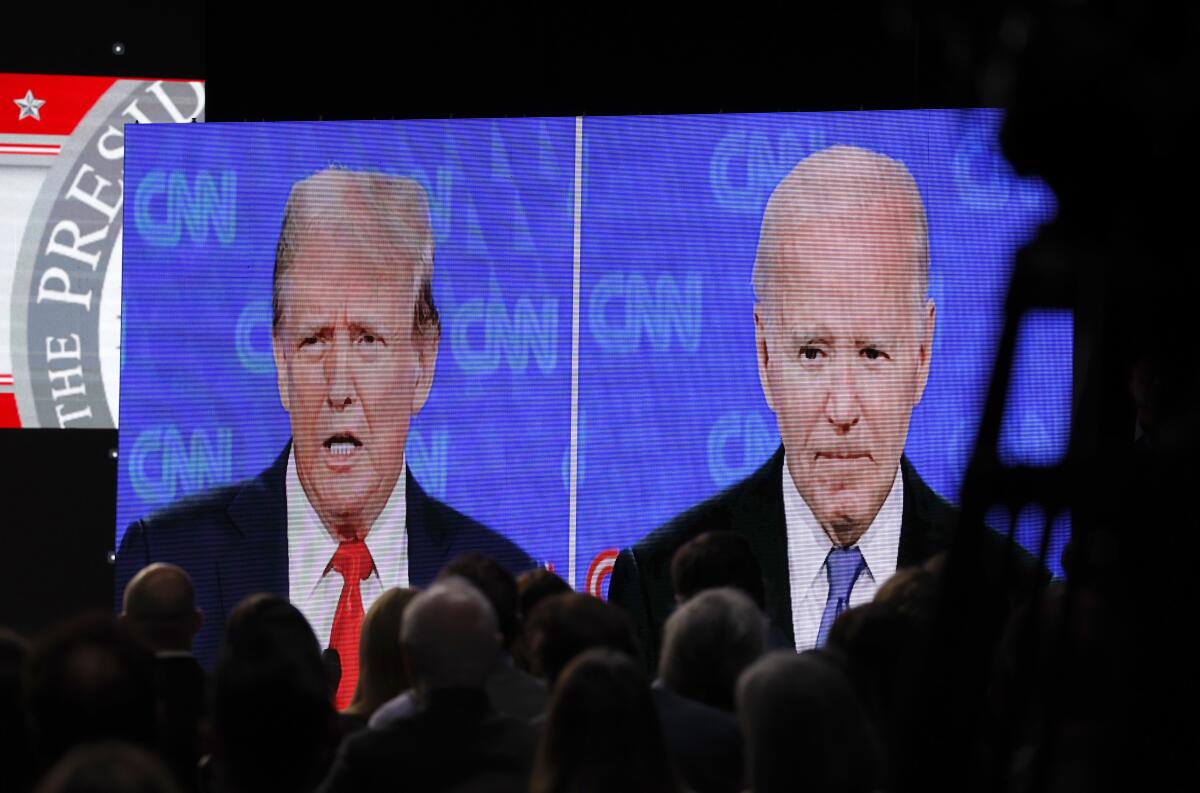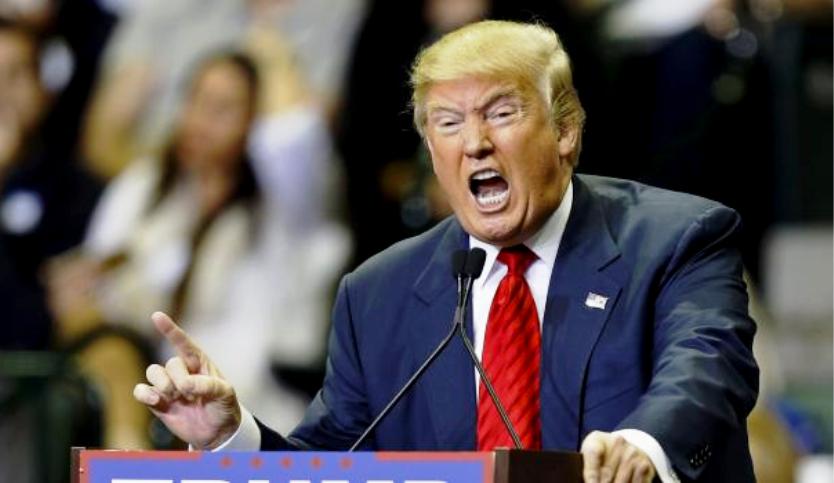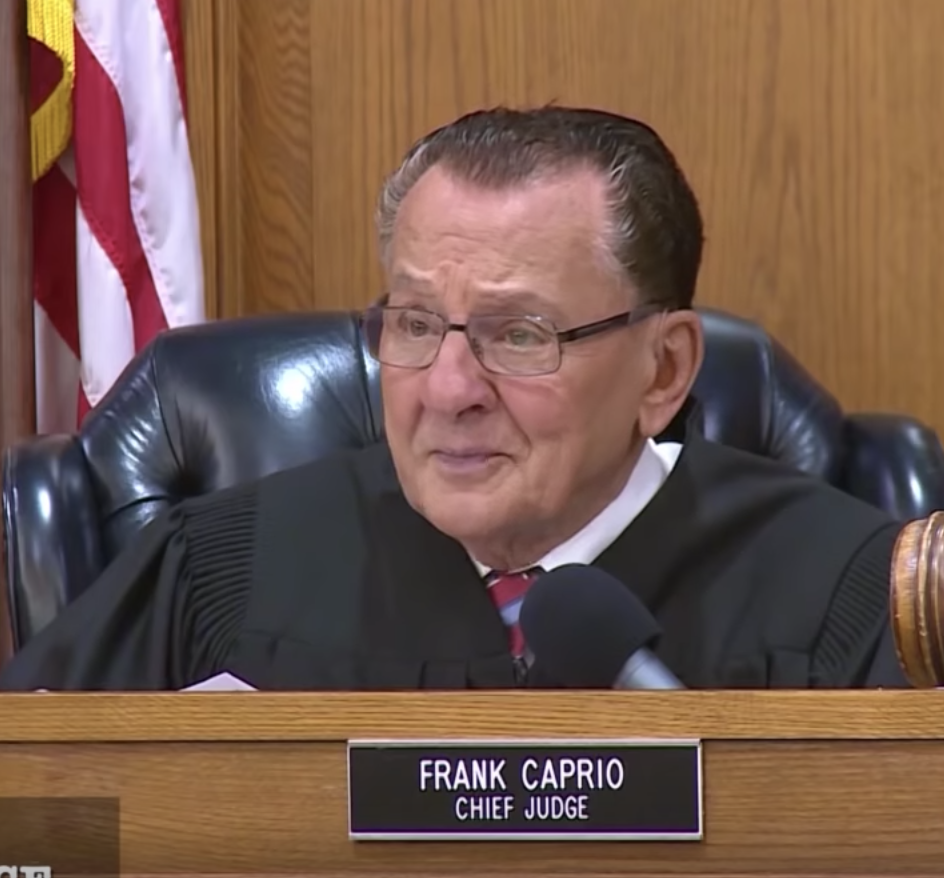In less than two weeks in April, we learned of two high-profile scandals involving two government agencies. Both carry potential for serious repercussions based largely on how their respective leaders handled the crisis.
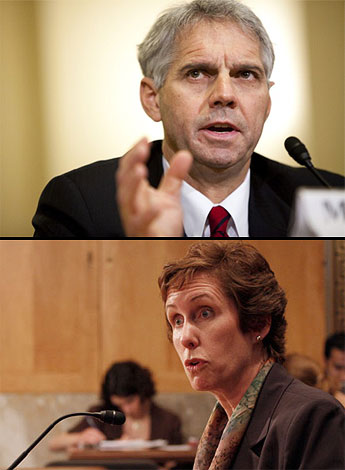
The General Services Administration’s job is to support and manage the basic infrastructure of federal agencies by providing supplies, communications, offices, and transportation through “government-wide, cost-minimizing policies.”
Apparently, the “cost-minimizing” aspect did not apply to some members of the GSA who, as we learned, spent more than $800,000 in 2010 for a lavish conference held in Las Vegas.
The U.S. Secret Service carries a two-fold mission: prevention and investigation of counterfeiting of U.S. currency and securities; and protection of federal officials, presidential candidates, and foreign dignitaries. Most notably the Service protects the president, vice-president and their families. Whenever the president visits a foreign country, agents arrive in advance to prepare and secure all necessary locations visited by the president.
Last month, it was reported that 11 agents that were part of that advance team had engaged prostitutes and brought them back to their hotel in Columbia. What makes this scandal particularly surprising is that the men and women of the Secret Service are hand-picked, and rigorously trained both mentally and physically to be able to perform their work with a strong focus on duty and integrity.
While both scandals represent a serious lapse in ethical judgment, I was interested in comparing the way the heads of both agencies handled their respective crises. Based on news reports, here’s what I observed:
I was shocked to learn that the GSA scandal had taken twoyears before it was made known last month. Senator Claire “McCaskill, a former state auditor from Missouri, complained that [GSA head Martha] Johnson had ducked a meeting with her two weeks ago…” before a report from the inspector general’s office was released detailing the incident.
Within hours of learning of the Columbian scandal, Secret Service Director Mark Sullivan responded by first replacing the agents in question on the trip, then beginning a complete investigation.
Shortly before a report by the inspector general’s office was made public, GSA Administrator Johnson fired her two top deputies, then resigned herself. McCaskill said, “As a government auditor, I have found that there are two possible responses from an agency when they get a critical audit: One is to say, ‘You know what, you’re right, we need to do better and we’re going to fix it.’ The other is to circle the wagons, rationalize and obfuscate. G.S.A. had the latter down to an art form.”
In an interview on NBC’s Today Show, RepublicanCongressman Peter King said that Secret Service Director Sullivan “acted immediately.” The Wall Street Journal added that “Past colleagues and those who know him say [Sullivan] is well-regarded and known for decisive leadership.”
At the House Oversight Committee hearing, the GSA’s Johnson said that she “deeply regrets” the incident and I am “extremely aggrieved by the gall of a handful of people,” and “will mourn for the rest of my life the loss of my appointment.”
House Oversight Committee member Elijah Cummings said of the Secret Service leadership: “They got in there within a matter of a few hours, got those folks out of there, took away their security clearance, and suspended them. Now we know that six of them are gone, and others are being investigated. The thing that Director Sullivan has assured us of is he will go wherever the evidence leads.” During the on-going investigation, Sullivan has personally briefed key lawmakers on updates.
On April 27, The Washington Post reported that “…the Secret Service will hold an ethics training session for more than 100 employees, and several more mandatory courses will be scheduled through the year, agency officials told members of Congress. The agency said it hoped to put all of its 3,500 agents and 1,400 uniformed officers through the training seminars.
“In the memo, the agency said employees ‘are expected to always conduct yourselves in a manner that reflects credit on you, the Secret Service, the Department of Homeland Security, and — most importantly — the United States Government and the citizens that we serve.’ ”
As of this writing, no specific policy changes or ethics training have been announced by GSA.
No one excuses the “boneheaded” actions of those Secret Service advance team members, but in examining the scandal from an ethical standpoint, Director Sullivan clearly demonstrated the necessary leadership in handling the crisis:
Responsibility: Within hours of the incident, he replaced the agents in question.
Accountability: He announced a complete and thorough investigation.
Honesty and Openness: Sullivan has met with key lawmakers and kept them informed of any and all updates to his investigation. In doing so, he earned a level of trust and support from lawmakers from both parties.
“Management,” expert Peter Drucker said, “is doing things right; leadership is doing the right things.”
No one looks forward to dealing with moral lapses, but during such critical times an ethical leader uses discipline and problem-solving skills to grow from the experience.
Comments


